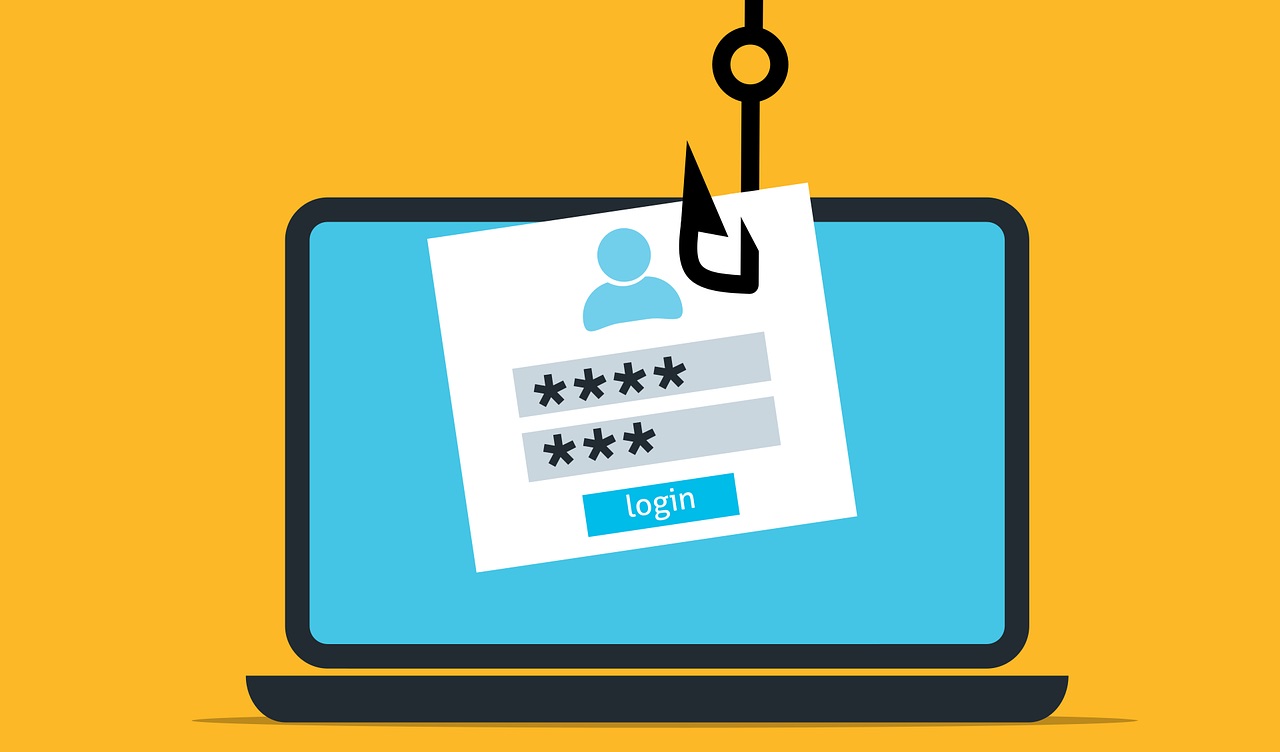
The most recent statistics on the victims of identity theft published from the Bureau of Justice Statistics from 2008 say that 11.7 million people ages 16 and older in the United States experience some form of identity theft.
In addition, according to the BJS, the total financial cost of identity theft was almost 17.3 billion dollars over the previous two years before these statistics were published.
Identity theft is almost exclusively a crime attributable to the modern technological age. Bank cards, debit cards, transfer of personal information over the internet – these things have greatly increased the instances of identity theft.
However, the good news is that the increasing incidents of identity theft bring awareness.
PrivacyRights.org states that in the last two years, identity theft is actually decreasing, because people are taking better steps to protect themselves. Here are some tips for protecting yourself.
Protect Your Social Security Number
Though not all forms of identity theft require stealing a Social Security Number, such as simply copying down an active credit card number, protecting your SSN is the first step in protecting yourself against this crime.
There are few companies that legitimately need your Social Security Number to conduct business. Credit card companies and credit checks are good examples.
However, there are online websites which will use both credit applications and checks as a way to get access to your information.
Phony job finder websites may also use the resume upload and personal profile features as a way to access your personal info.
Sometimes identity thieves will send fake emails to your account that are made to appear as though they come from your bank or other organization, asking for your personal information.
Always pay close attention to this correspondence, and when in doubt, perform a Google search to see if this scam has previously been reported, or call the institution directly.
And always remember that it is important to make sure that each website you release your SSN to is legitimate: read their Terms & Conditions, search their reputation online, and make sure the form you are filling out is on a secured server.
This means the URL will begin with “https.”
Laptops, iPads, smart phones, and tablets – many people today are in possession of some electronic device which has a history of their personal information.
Whether that device has been used to access bank accounts, has saved Log In and Password information, or even has your credit card info saved in an autofill feature, having one of these devices stolen makes you very at risk for identity theft.
To protect yourself in these cases, you want to be very careful about how much information you save on your computer, and you especially want to be sure that your passwords are strong.
Birthdays, addresses, children’s names – these are common passwords that are can be easy to guess. GCFGlobal has an online guide to creating strong passwords.
But what people often don’t realize is that this information is still stored on these devices when they die and are thrown away.
It's not uncommon for identity thieves to collect old computers and cell phones or other electronic devices from landfills simply to harvest people’s personal information.
Make sure to format all electronic devices or remove hard drives before throwing them away – or even better, properly recycling them.
Safe Computer Activity
First and foremost, you want to use a well established and respected browser to do your searching online, like Chrome, Firefox, or Internet Explorer.
These browsers come equipped with basic security measures that will indicate whether or not a link you click on may be infected with malware, a type of software which can infect your computer and get access to your private information.
After that you want to make sure that you have an additional antivirus system installed on your computer. Many computers come with a program like McAfee or Norton pre-installed.
These programs are free and work for a temporary period of time. Once the trial period is over, you’ll either need to pay their subscription fees or find another antivirus program.
There are free antivirus programs that are effective and well respected, like AVG or Avast. Their features are limited, but for many general internet users they do the job.
If you're interested in comparing free programs or in investing in a premium antivirus program, check out antivirus program ratings and reviews.
For more information on how to be safe and protect your identity online, you can look at websites like OnGuardOnline.gov or the Federal Trade Commissions page on protecting yourself from identity theft.